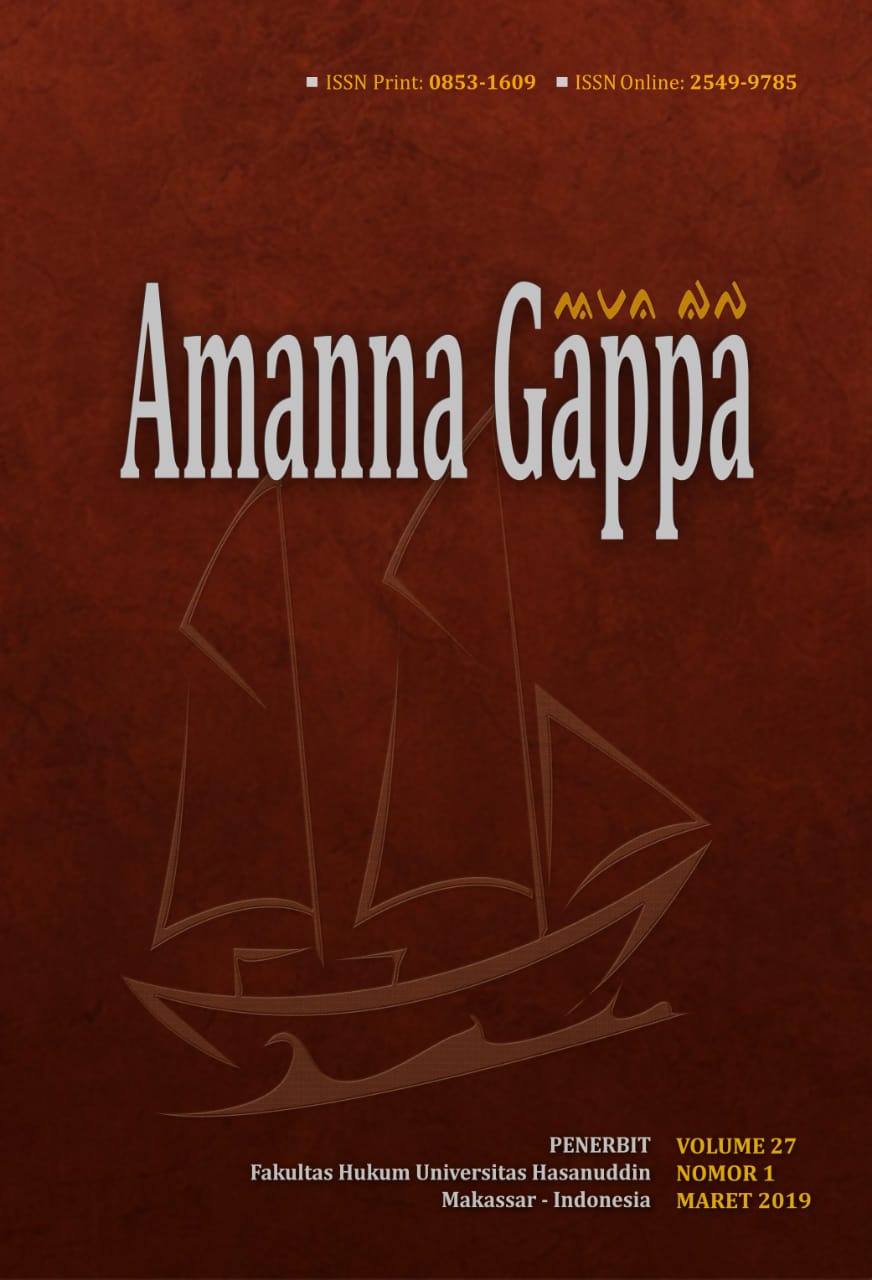Abstract
The marginalization of indigenous ulayat rights in Indonesia, particularly among the Hatam Tribe in Manokwari Regency, highlights critical gaps in legal recognition and socio-political inclusion, underscoring the urgent need for institutional frameworks that balance traditional practices with modern governance. This study seeks to address this gap by providing an in-depth analysis of the distinctive challenges and opportunities involved in institutionalizing customary law for the Hatam Tribe. The research focuses on examining the institutionalization process of the Hatam Tribe’s customary law in Prafi District, Manokwari Regency, West Papua, Indonesia. Using an empirical approach, the study gathered data from respondents representing the Manokwari Traditional Institution, the local government, and the community. A qualitative descriptive analysis was employed to interpret the findings. The results show that institutionalizing the ulayat (customary land) rights of the Hatam Tribe requires prioritizing justice by fostering collaboration between government bodies and indigenous communities to identify and validate these rights while ensuring comprehensive legal protection. Additionally, systems should be implemented to empower the Hatam Tribe to independently manage and benefit from their natural resources. This process must uphold and integrate local wisdom and traditional legal frameworks to preserve the tribe's cultural practices and social structures. Consequently, the institutionalization of ulayat rights should transcend mere formal recognition, aiming instead to achieve tangible social and economic justice for the indigenous community.

This work is licensed under a Creative Commons Attribution-NonCommercial 4.0 International License.
Copyright (c) 2025 Amanna Gappa
